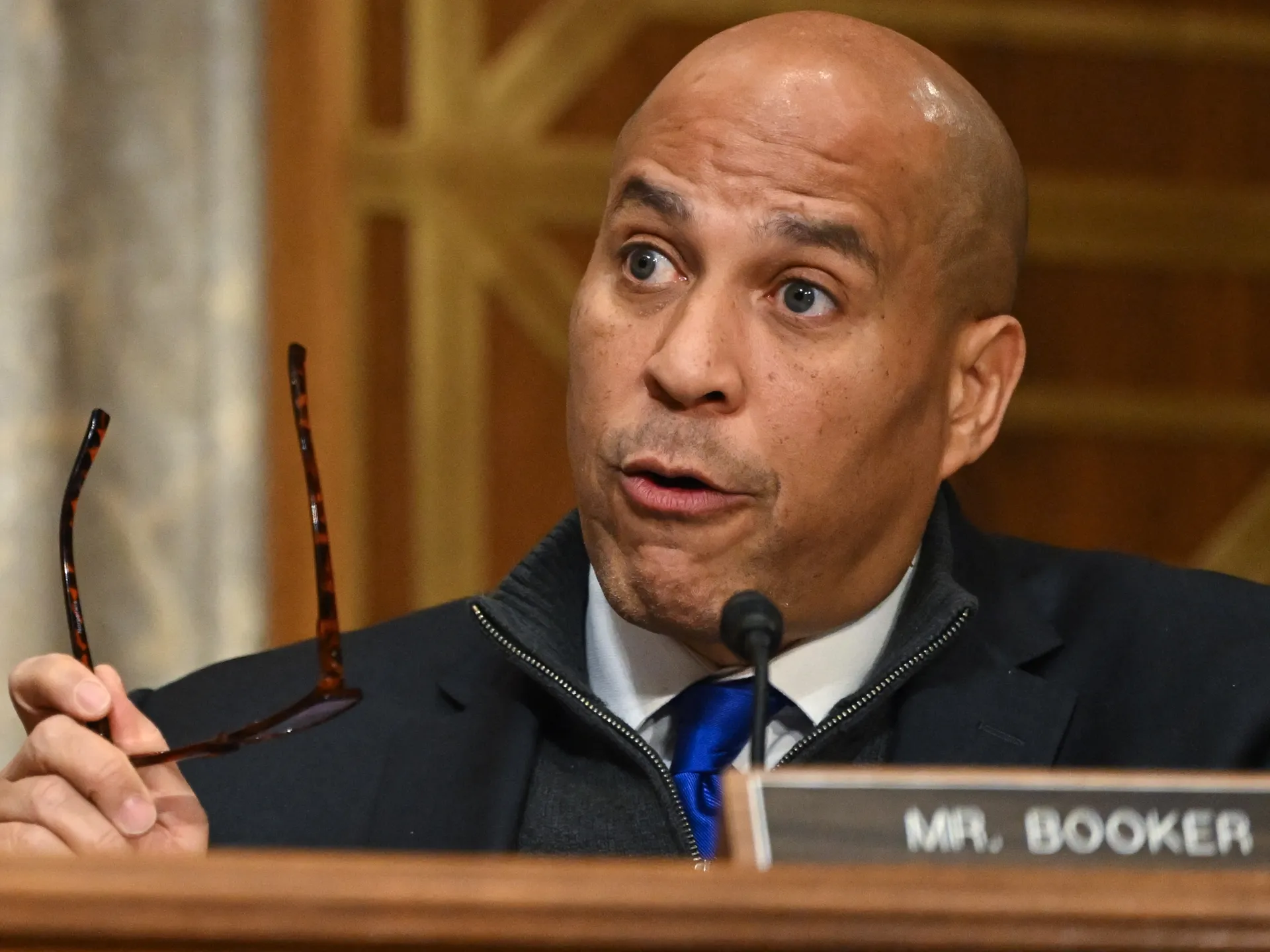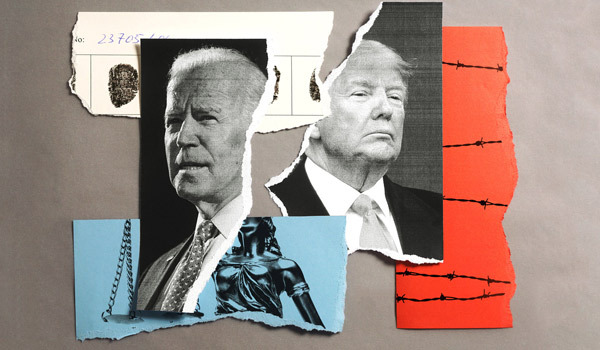The criminal justice system in the United States is not just a failure; it is an ongoing disaster that costs American taxpayers a staggering $182 billion every year. Despite decades of rhetoric surrounding criminal justice reform, meaningful changes remain frustratingly out of reach. The War on Drugs and the War on Crime have led to overcriminalization, racial profiling, and a system that perpetuates inequality, all under the guise of public safety.
Endless Cycle of Punishment Fails Communities
The past fifty years of criminal justice policy have largely been shaped by fear rather than a genuine desire for reform. As reported by Reflections on Criminal Justice Reform, the increase in violent crime rates led to a punitive approach that has only exacerbated the problems it set out to solve. Instead of addressing the root causes of crime—such as poverty, lack of education, and mental health issues—policymakers have opted for harsher sentencing and expanded police powers, which disproportionately affect marginalized communities.
Police Accountability Remains Elusive
Police accountability is a central pillar of any meaningful reform effort, yet the status quo remains largely unchallenged. A lack of transparency and accountability mechanisms allows police misconduct to flourish. According to FBI crime statistics, incidents of police violence are not only underreported but also inadequately addressed by existing oversight structures. The recent push for body cameras and civilian review boards has fallen short of creating real accountability, as these systems often lack the authority to impose meaningful consequences on officers.
\n\n
Watch: Cory Booker in Senate floor speech protests Trump policies
Mass Incarceration"s Financial Burden
The financial implications of mass incarceration are staggering. Over $182 billion is spent annually on the correctional system, which includes costs related to policing, incarceration, and legal proceedings, as detailed in the Federal Justice Statistics. This staggering figure highlights the unsustainable nature of our current approach. Rather than investing in rehabilitation or community programs that could mitigate crime rates, the majority of funds are funneled into maintaining a broken system.
Reform Initiatives Lack Impact
Despite numerous reform initiatives, many have proven ineffective. Research from the University of Virginia indicates that most reforms fail to produce enduring change, as outlined in their report here. Policymakers often enact changes that appear progressive but have little real-world impact on the communities they aim to serve. The lack of follow-through on proposed legislation not only undermines public trust but also perpetuates the cycle of poverty and criminalization.
\n\n
Biden vs. Trump: Who"s the Actual Criminal Justice Reformer?
Community Voices Demand Genuine Reform
Grassroots movements have emerged across the nation demanding real change. From the Black Lives Matter movement to local advocacy groups, community voices are demanding an end to systemic racism in policing and corrections. As reported by Wikipedia, reform efforts are increasingly being driven by the very communities most affected by these policies. These groups are not only calling for accountability but also for a re-imagining of public safety that prioritizes health and community well-being over punishment.
The current trajectory of criminal justice reform reveals a troubling reality: the system is still built on outdated notions of punishment rather than rehabilitation. Until we shift our focus from punitive measures to restorative justice, the cycle of violence and incarceration will continue unabated. The financial and social toll of maintaining such a flawed system is simply too high, and the voices demanding change are louder than ever.

![[Video] Anti-ICE Protester Pepper Sprayed as CBP Agents Disperse Crowd in Minneapolis](/_next/image?url=%2Fapi%2Fimage%2Fthumbnails%2Fthumbnail-1768260677127-y71sb7-thumbnail.jpg&w=3840&q=75)

![[Video] Several injured as U-Haul truck drives through Iranian protestors in Los Angeles](/_next/image?url=%2Fapi%2Fimage%2Fthumbnails%2Fthumbnail-1768176682028-q95y6j-thumbnail.jpg&w=3840&q=75)
![[Video] Scuffle breaks out between Trump supporters and Anti-ICE protesters in Times Square](/_next/image?url=%2Fapi%2Fimage%2Fthumbnails%2Fthumbnail-1768165958203-hgcgb-thumbnail.jpg&w=3840&q=75)


![[Video] Gunfire between Iraqi security forces and Sadr militias in Baghdad](/_next/image?url=%2Fapi%2Fimage%2Fthumbnails%2Fthumbnail-1768343508874-4redb-thumbnail.jpg&w=3840&q=75)
